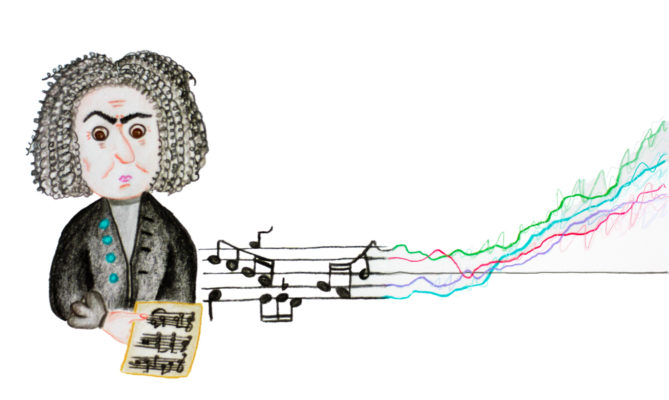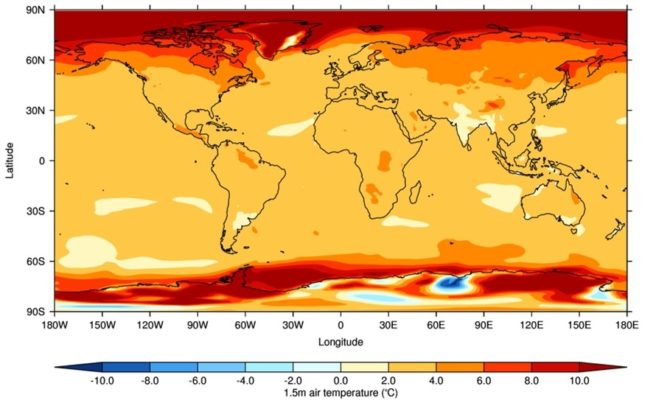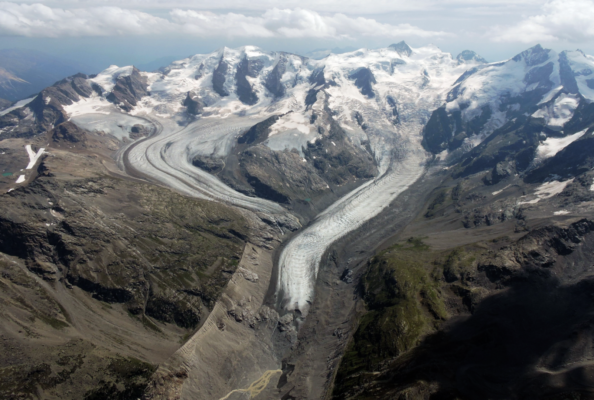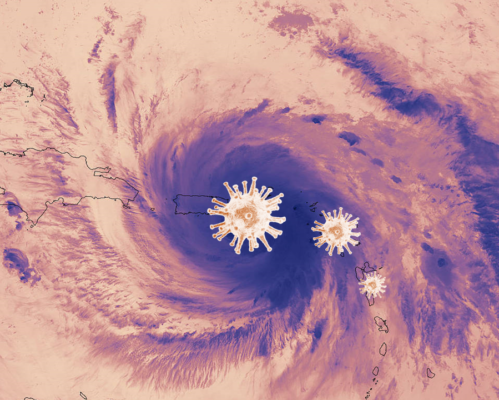Johann Sebastian Bach’s last work – Contrapunctus XIV – is an unfinished musical composition. For many years, scholars considered that this piece was left unfinished because of Bach’s deteriorating health in his final years and eventual death. However, researchers recently found evidence that Bach might have left this piece intentionally unfinished, as he thought that there was still room for impr ...[Read More]
Climate models and Bach’s unfinished fugue




